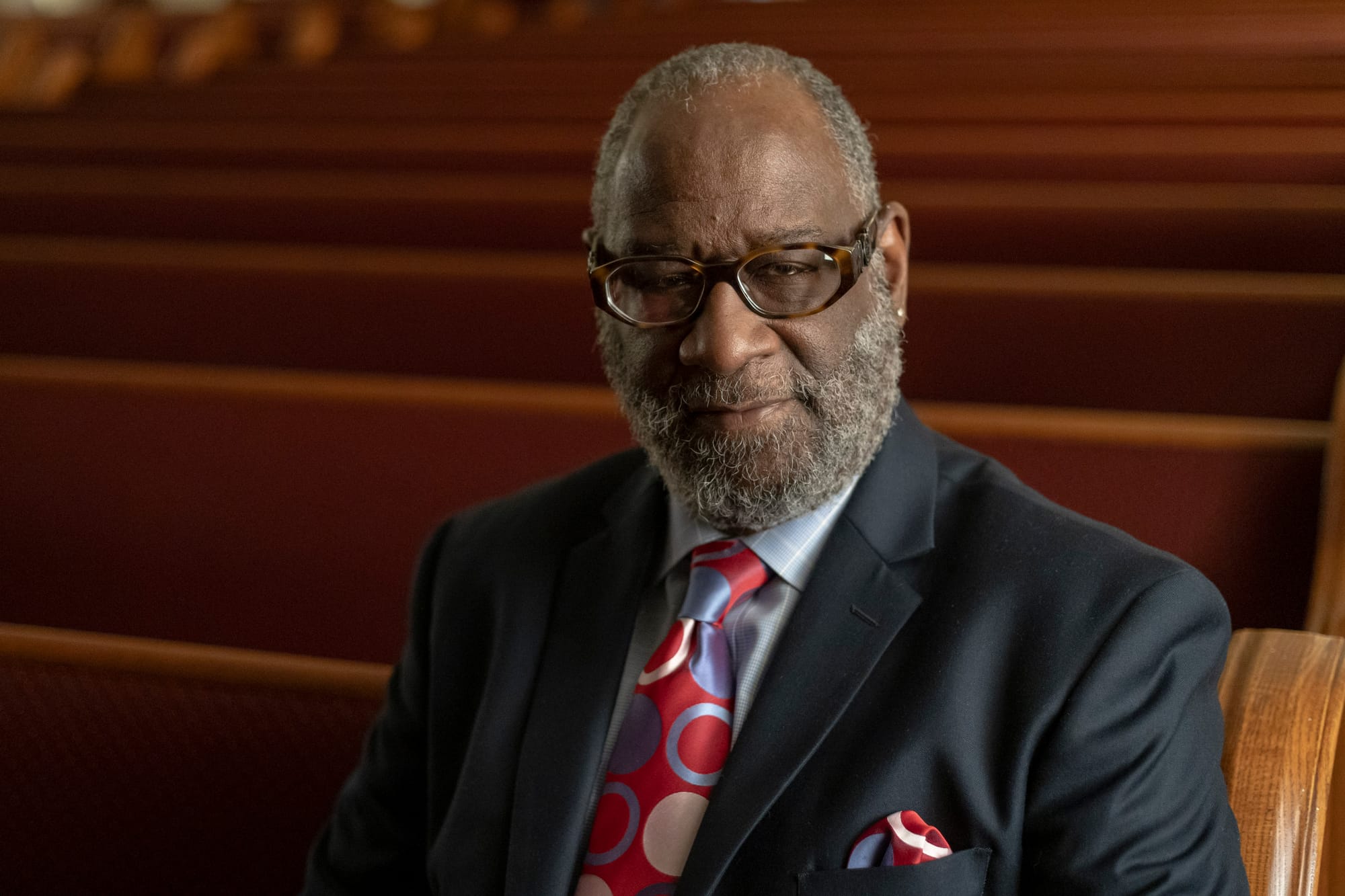CPD Sgt. Katina Williams Named WRBL News 3’s 2026 Remarkable Woman
Columbus Police Department Sgt. Katina Williams has been named WRBL News 3’s 2026 Remarkable Woman, an honor recognizing women

As I look toward the 2026 elections, one thing is clear: the way candidates connect with voters is changing — fast. What used to be a handshake, and a yard sign has become a hashtag and a share button. Yet, even as social media dominates headlines, the old truths of politics — name recognition and legacy — still carry enormous weight.

The question isn’t whether social media or legacy matters more. It’s how the two now dance together in shaping who wins hearts, minds, and ultimately, votes.
Name recognition has always been the currency of politics. Voters often choose familiarity over ideology, especially in local or down-ballot races where information is scarce. A known name brings comfort — and trust — even if voters can’t recall every policy position.
Incumbents enjoy this advantage more than anyone. Their visibility, their presence at ribbon cuttings and press conferences, keeps them top of mind. And even beyond incumbency, a respected family name or long-standing reputation can act as a political brand — shorthand for reliability, leadership, or values.
In essence, a good legacy still opens doors. But in the digital age, it’s what you do after walking through them that determines if you stay.
Enter social media — the great equalizer and amplifier. Platforms like Facebook, Instagram, and TikTok have given candidates a direct line to voters, bypassing traditional media filters. They can now target specific neighborhoods, age groups, or even interest circles with tailored messages that feel personal.
For newcomers, this has been a game-changer. A clever video, a viral moment, or a heartfelt post can catapult an unknown name into local stardom almost overnight. Social media allows underdogs to challenge establishment figures in ways unimaginable just a decade ago.
But it’s not all likes and followers. Online momentum doesn’t always translate into votes. Engagement without groundwork can be like applause in an empty room — loud but lacking substance. The real test comes on Election Day, not in your notifications tab.
Legacy and social media aren’t at war — they’re in conversation. A strong legacy gives credibility to what you post online, and an effective digital strategy can, in turn, shape or even redefine that legacy.
A candidate with deep roots in the community can use social media to amplify their message, highlight achievements, and reintroduce themselves to younger voters. Conversely, one viral controversy can tarnish decades of goodwill in a matter of hours.
Social media can also become an echo chamber — a digital choir singing only to the converted. That’s where legacy still matters most: it stretches beyond the algorithm, reaching voters who value consistency over trendiness.
Modern elections are no longer decided by either tradition or technology alone — they’re shaped by the balance between the two. Legacy builds trust. Social media builds momentum. The most successful candidates will learn to merge both — pairing substance with visibility, credibility with connectivity.
So as Columbus and communities across Georgia prepare for 2026, let’s remember: winning in this new political era requires more than just likes, followers, or family names. It takes authenticity, accountability, and a message that resonates online and offline.
Because in the end, whether your audience is scrolling or standing in line at the polls — people still vote with their hearts, not their hashtags.